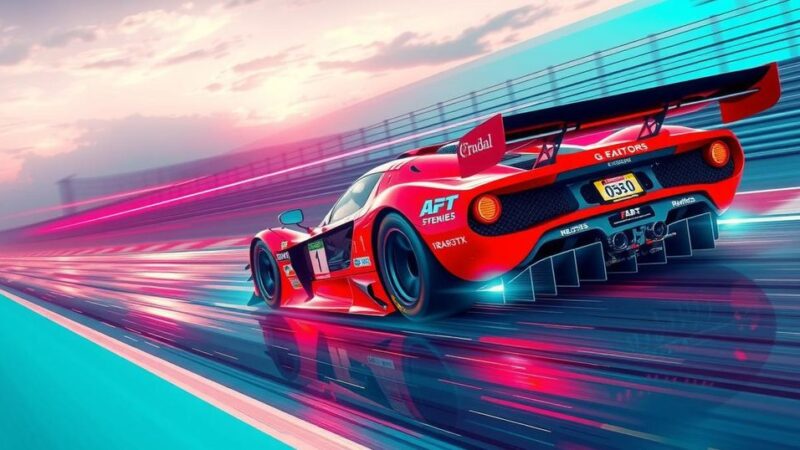South Africa is competing to bring F1 back to Africa after 32 years, with Cape Town and Kyalami as potential venues. A decision is expected by the third quarter of the year, with government support and international interest, including backing from Lewis Hamilton. However, competition is present from Rwanda and Morocco, raising questions about multiple races on the continent.
South Africa is proposing to reintroduce Formula One racing to the African continent after an absence of 32 years since the last Grand Prix in 1993. The competition to host this event is between two venues: a street circuit in Cape Town and the historic Kyalami racetrack near Johannesburg, which is notable for its challenging layout and ties to South Africa’s racing history.
The South African government has formed a committee under Sports Minister Gayton McKenzie to choose the winning bid by the third quarter of the year. McKenzie has expressed confidence in the bid’s success, asserting, “The Grand Prix is definitely coming in 2027, no doubt about that.” He emphasized the importance of bringing the event to South Africa, regardless of the selected city.
Lewis Hamilton, a seven-time world champion, supports South Africa’s bid, advocating for increased representation of Africa in Formula One. Experts, including Samuel Tickell from the University of Munster, echo this sentiment, highlighting that returning to South Africa would be significant for the sport given its historical context post-apartheid.
South Africa’s motorsport history includes notable events, such as the 1982 driver’s strike led by Niki Lauda and Jody Scheckter’s victory as Africa’s sole world champion in 1979. Despite significant organizational costs and fees, experts like Simon Chadwick indicate that financial viability is less critical for some nations due to geopolitical strategic interests, citing examples like China.
The Kyalami track, with a Grade 2 certification, is nearly ready for an F1 event, while the Cape Town circuit would extend through the city’s scenic areas, attracting international attention. However, South Africa faces competition, particularly from Rwanda, which has made efforts to position itself for an F1 race.
With ongoing ambitions from Morocco as well, the South African sports minister questions why Africa should be restricted to hosting only one Grand Prix. Potential geopolitical issues could hinder Rwanda’s bid, complicating the competitive landscape for hosting F1 races on the continent.
In conclusion, South Africa’s bid to host a Formula One Grand Prix marks a significant moment for motorsport in Africa, following a long hiatus. With two competitive venues and strong governmental support, the prospects for the event appear promising. However, external competition from countries like Rwanda and Morocco suggests that the race for an F1 presence on the continent may be more complex than anticipated. Each potential host city brings unique attractions and challenges to the table.
Original Source: www.aljazeera.com






